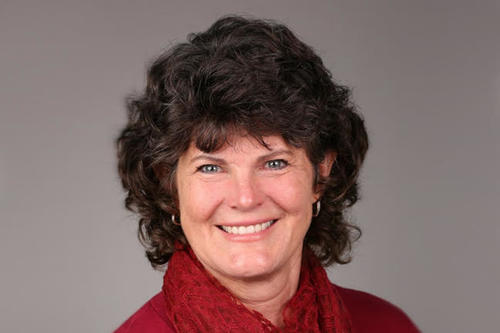
Debra Wamsley, a resident faculty member and director of Graduate Studies of the Master of Professional Studies in Integrated Behavioral Health and Addictions Counseling at the College of Continuing and Professional Studies (CCAPS), is available for comment on gaps that exist in rural care and wait time for those in recovery and what steps should be considered to address these ongoing challenges.
Debra Wamsley
On the rural care gap:
“Individuals in rural areas who are experiencing addiction must sometimes drive long distances to access the care they need. Of the 16 methadone providers in Minnesota, all but four are located in the seven county metro area. Additionally, only 17.3 percent of individuals seeking treatment services in Minnesota were employed full-time.
“This is significant because there are Minnesotans living in more rural counties who are forced to make long drives to reach a treatment center—a factor that can lessen motivation to seek help.
“Additionally, whether or not a person experiencing addiction and seeking treatment is employed full-time in Minnesota, it has implications on their ability to afford treatment-related expenses such as transportation, insurance, and child care."
On the wait time gap:
“Right now it can sometimes take a week or longer to access treatment, due to the many authorizations required for treatment to be funded, waitlists, or a lack of seats or beds available in treatment facilities. As a result, some individuals experiencing addiction lose motivation to proceed with treatment.
“It’s also important to remember individuals experiencing addiction are required to essentially put their lives on hold to enter treatment (e.g. leave from work), and this takes time to arrange. This is on top of the emotional preparation to undertake the substantial change that treatment requires of these individuals.
“Ultimately, continuing to change the narrative around addiction is critical. By understanding that addiction is a chronic condition, just like hypertension or diabetes, we can change how addiction is perceived and challenge the stigma associated with it.”
Debra Wamsley, a resident faculty member and director of Graduate Studies of the Master of Professional Studies in Integrated Behavioral Health and Addictions Counseling based at the College of Continuing and Professional Studies.
Contact information:
Debra Wamsley
[email protected]
651-280-7573 (cell)
About University of Minnesota experts:
University of Minnesota experts can provide commentary, insights and opinions on various news topics. See selected experts on UMN’s Experts Guide or inquire about additional experts via email at [email protected].
Media note:
The University of Minnesota Twin Cities is equipped with a VideoLink ReadyCam® studio for live or taped HD television interviews with our experts. To arrange an interview, contact University Public Relations at (612) 624-5551 or [email protected].
- Categories:
- Health




